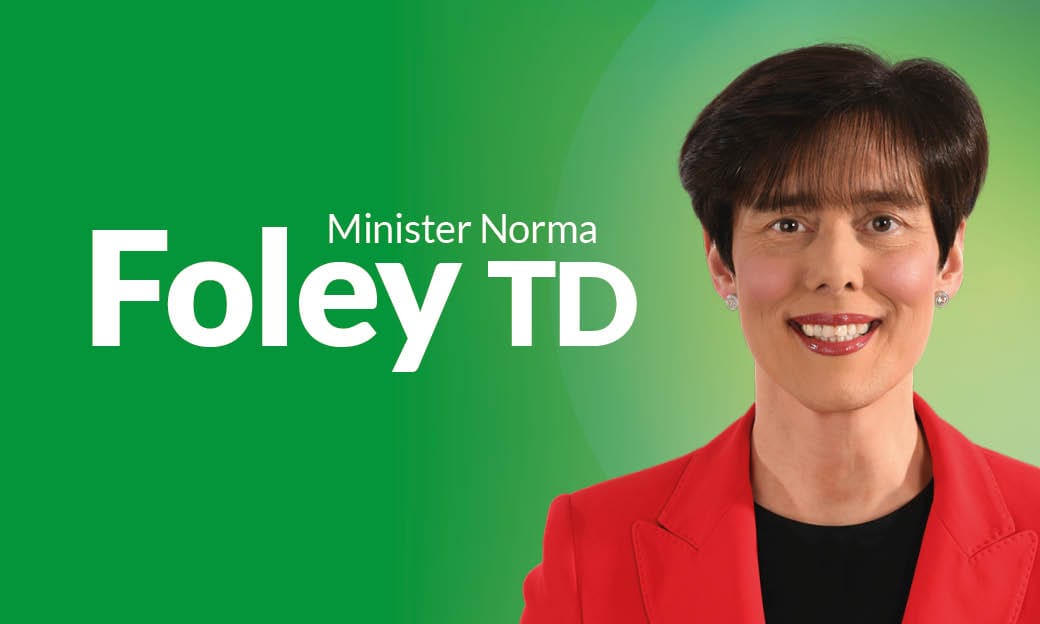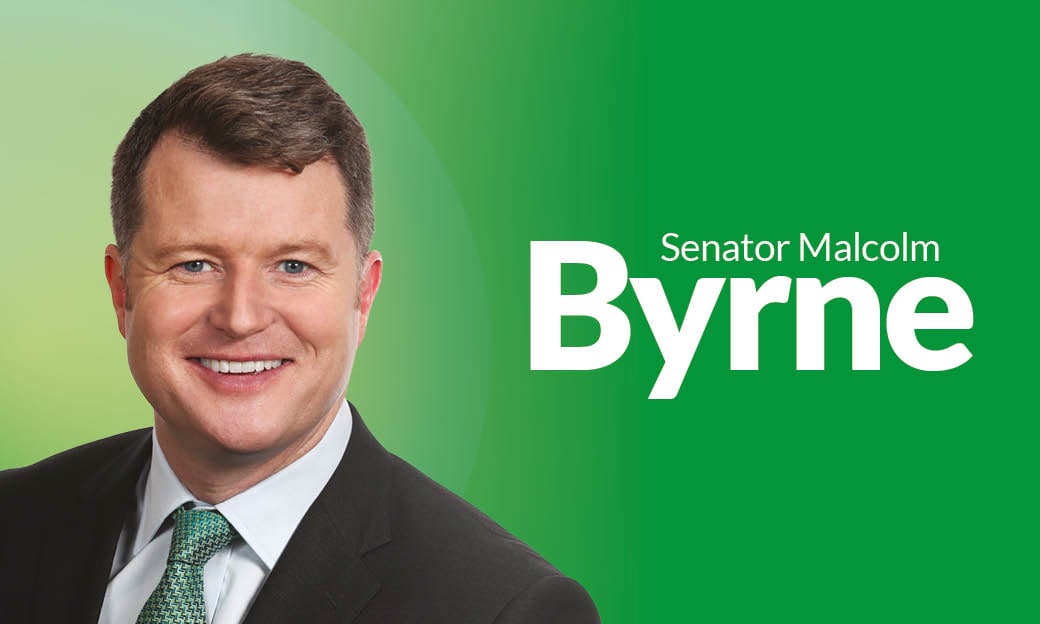Voting yes and yes will be an important statement reinforcing positive developments in Irish society
Published on: 13 February 2024
Micheál Martin TD, Tánaiste, and Leader of Fianna Fáil
Dublin, 13th February 2024
I would like to welcome you all here today as Fianna Fáil outlines its position in the forthcoming referendums.
As we did in the Dáil and in Government, we are strongly supporting a yes vote on both proposals which are before the people. We believe that the amendments would mark an important statement of inclusion in modern Ireland and represent an important recognition of a process of change which has been ongoing for up to sixty years.
The great strength of our republic over the last century has been its ability to evolve. We have rejected the idea that our understanding of our identity and our vision for society should remain fixed at a point in time. And while many changes have taken far, far too long, we have seen often radical development.
Change in rights and services have been achieved in many ways – through the courts using the Constitution and EU law, through actions by government in the Oireachtas and through constitutional change.
The scale of change has been dramatic and overwhelmingly positive.
Our constitution entrenched democracy at a time of great peril and gave us a system of separation of powers which have been at the core of allowing us to evolve.
It is not the job of the constitution to address every issue of relevance to society – we must continue to make choices in elections and in governing.
However, it is right that we should want our constitution in its language and aspirations to recognise the Ireland of today – it should explicitly acknowledge the more complex and inclusive society Ireland has today which we value greatly.
Removing the archaic and inappropriate reference to women in the current version of the Constitution is an important signal and is something which there has been widespread agreement on for decades.
Women are central to every element of Irish life. They are economically, socially, and culturally dynamic and providing real leadership.
And yes, some women contribute their strength to our society in roles which are often seen as traditional. Nothing should ever be done to disrespect this.
In fact, the core challenge for us all is to move away from stereotypes about what roles separate groups should play and be genuinely respectful of the choices which people make.
The proposed wording on the role of caring in our society is a statement of values and an important guide for action. It reflects that all of us have a responsibility to recognise the vital role which caring for others plays in a strong society.
And caring is important in many different situations. To focus just on raising children is to have a very narrow view of caring in our society – we all care for older people, for people with disabilities and for those with serious illnesses.
The amendment both shows the respect and value which we as a society have for caring, and it also recognises that the state has a role to play in supporting care.
Providing a more inclusive wording for families is also a reflection of societal reality and it shows respect for diverse family units.
It is over fifty years since the state acknowledged in practice that families are not just based on marriage. The creation of a dedicated social support for lone parent families reflected this.
Marriage is a wonderful institution which provides great support, but it is not and should not be the sole means of defining what is and is not a family.
The amendment will capture the wide range of families in Ireland today that are not based on marriage but are strong committed caring relationships, such as couples with or without children, single parents and their children and grandparents raising their grandchildren.
As a society, it is important that children in particular are raised in supportive homes that can provide them with the love and care which will allow them to develop to their full potential. The current wording of the constitution needs to change if we are to show all families the respect which they deserve.
In the course of this referendum, I hope that we can have a reasonable and respectful debate. A debate which is focused on the facts of reasonable proposals which respect all groups and threaten none.
Our tradition of holding referendums is a great strength for our democracy, but we should also be vigilant to ensure that debates do not get distorted by unreasonable claims.
The harsh reality is that we have at various points over the years, had referendum campaigns which have been distorted by what we today call disinformation.
Extreme and invented claims against European Treaties have been a part of nearly every campaign in the last fifty years – often causing genuine public concerns on the basis of invented claims about generally modest legal texts.
In contrast, during the referendums on marriage equality and the removal of the 8th amendment, we showed an ability to have a more humane and respectful debate.
I hope that this will again be the case.
The Electoral Commission which we established last year has taken over the responsibility to both oversee the administration of the referendum and provide objective information.
Because it is a permanent body it will have the opportunity to develop and retain expertise on how to ensure that the public has access to detailed, accessible, and accurate information about proposals before them.
I would encourage people to seek out the Commission’s information and to ask questions where they have them.
What is before the people is an important statement that we want a constitution which respects the reality of Irish society. A reality which is more inclusive. A reality which respects the right of women to choose their own role in society. A reality which acknowledges the diversity of Irish families. A reality which values the role of care for our more vulnerable citizens.
A Yes to both of the proposals on March 8th will help to give us a constitution which is more reflective of who we are and what we value.
-ENDS-



